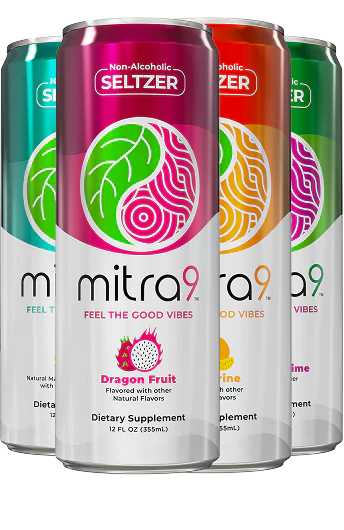In the realm of natural supplements, Kratom has emerged as a highly discussed entity, attributed to its significant effects on discomfort relief, uplifting, and potential aid in withdrawals. However, as with any substance that influences health and well-being, the decision to use Kratom should not be taken lightly. This comprehensive guide delves into the critical reasons why consulting with a healthcare provider before using Kratom is paramount for ensuring safety and efficacy.
Understanding Kratom
Kratom, scientifically known as Mitragyna speciosa, is a tropical tree native to Southeast Asia, with leaves that contain compounds capable of affecting the human brain. These compounds, primarily mitragynine and 7-hydroxymitragynine, interact with receptors, leading to effects ranging from stimulation and increased vitality at low consumption to chillaxin and discomfort relief at higher consumptions. Despite its traditional use in Asian cultures for various ailments, Kratom's safety profile, efficacy, and legal status remain under scrutiny in many countries, including the United States.
The Role of Healthcare Providers in Substance Use
Healthcare providers are trained to understand the complex interactions between different substances and the human body. They consider your medical history, current health status, and potential risks before recommending any medication or supplement, including Kratom. Here’s why their guidance is indispensable:
1. Individual Health Assessment
- Medical History and Current Conditions: Your doctor can evaluate how Kratom might interact with existing conditions or medications, potentially avoiding adverse reactions.
- Assessment of Potential Benefits and Risks: A healthcare professional can weigh Kratom’s potential health benefits against risks, offering an informed perspective that considers your unique health profile.
2. Understanding Kratom's Legal and Regulatory Status
- Kratom's legal status varies by country and within states in the U.S., affecting its availability and regulation. Healthcare providers can offer the latest information on legal considerations, ensuring you're informed about the legality of Kratom use in your area.
- The FDA has not approved Kratom for medical use, citing concerns over safety and efficacy. Your doctor can explain the implications of using a non-FDA-approved substance and guide you towards safer, approved treatments.
3. Risk of Side Effects and Interactions
- Side Effects: Kratom can cause side effects like nausea, itching, dry mouth, and more severe effects such as liver damage or dependency. A medical professional can help monitor for these adverse effects.
- Drug Interactions: Kratom may interact with other substances or medications, potentially leading to harmful effects. Consulting with a healthcare provider ensures that you’re aware of these risks.
4. Guidance on Safe Use and Dosage
- Given the variability in Kratom products and potency, healthcare providers can offer advice on starting doses and monitoring effects, reducing the risk of overdose or adverse reactions.
5. Alternative Treatments and Therapies
- If you’re considering Kratom for specific health issues, your doctor may suggest alternative, evidence-based treatments that have undergone rigorous testing for safety and efficacy.
Conclusion
Choosing to use Kratom is a decision that should not be made in isolation. The expertise and guidance of a healthcare provider are invaluable in navigating the complexities surrounding Kratom's effects, legal status, and potential health implications. By consulting with a doctor, you ensure that your journey towards better health is both safe and informed, reflecting a well-considered approach to your well-being.
DISCLAIMER: These statements and products presented on this website have not been evaluated by the Food and Drug Administration FDA. The products mentioned on this website are not intended to diagnose, prevent, treat or cure any diseases or health conditions. Therefore any information on this website is presented solely as the opinions of their respective authorswho in which do not claim in any way shape or form to be medical professionals providing medical advice. Mitra-9.com and its owners or employees cannot be held responsible for, and will not be liablefor the inaccuracy or application of any information whatsoever hereinprovided. By purchasing our products you agree that you are aware andin compliance with your local county, state, or federal regulations. Mustbe 21 years or older to purchase Kratom. The US FDA has not approvedkratom as a dietary supplement. We do not ship to the following states,cities and counties in the US where Kratom is banned: Alabama,Arkansas, Indiana, Rhode Island, Vermont, Wisconsin, Sarasota County, FL, Union County, MS, San Diego, CA, Jerseyville, IL, Oceanside, CA, and Ontario, OR. Furthermore, Kratom is also banned in the following countries where shipment cannot be executed: Australia, Burma, Denmark, Finland, Israel, Lithuania, Malaysia, Myanmar, Poland,Romania, South Korea, Sweden, Thailand, United Kingdom, Vietnam.


























































